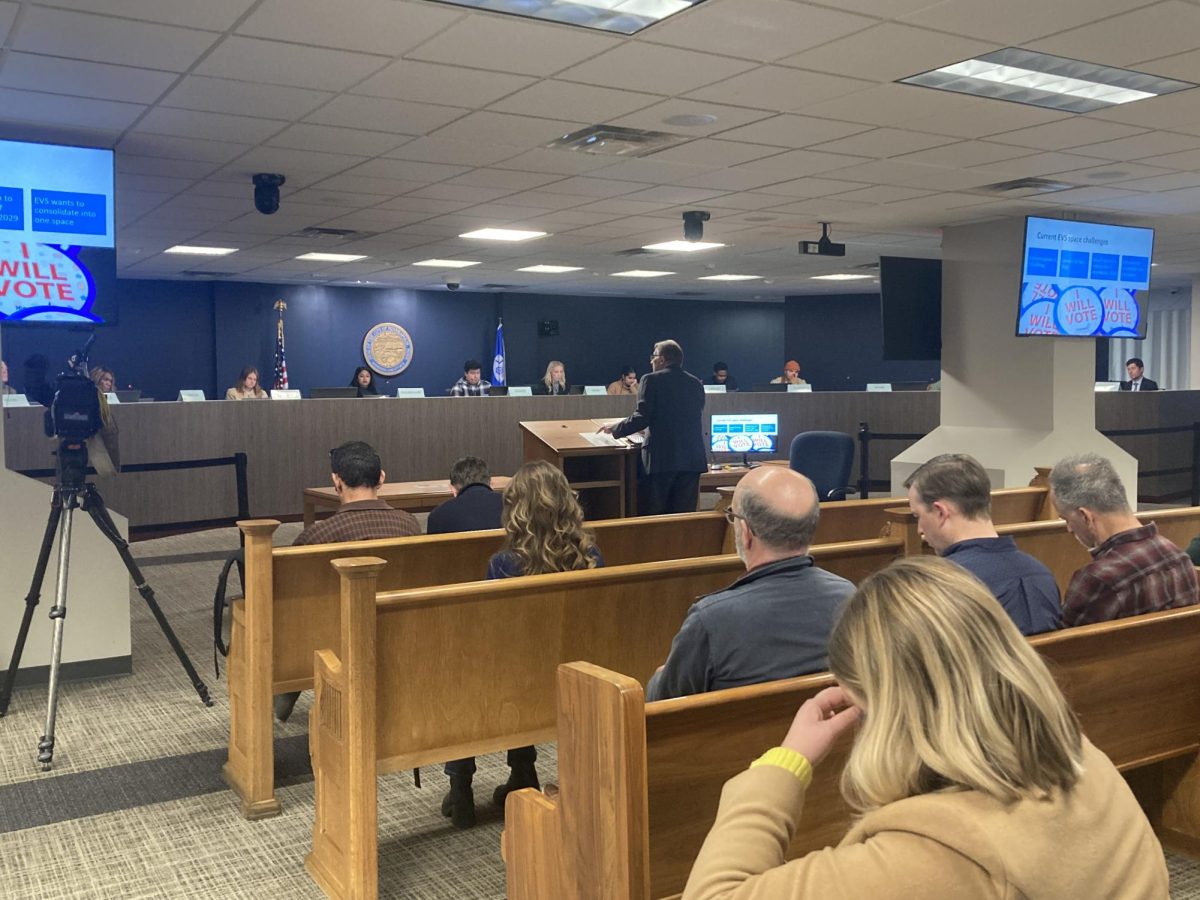A newly implemented fee that requires students to pay a one-time stipend for academic records, like official transcripts and diplomas, has left many concerned over the necessity and legitimacy of the cost.
The Academic Records Fee was approved by the Board of Regents in June and instituted this semester at all University of Minnesota campuses. The fee encompasses the cost of maintaining student academic records, allowing students to order unlimited official records and additional copies of their diplomas. Before the Academic Records Fee was implemented, students would have to pay $15 per official transcript or duplicate diploma.
Under the new one-time fee, new degree-seeking and for-credit certificate students pay $150 and students who were enrolled last spring or summer pay $75. University alumni are grandfathered into the program and can access their records without the fee.
“Each student has an academic record for life. We can never delete it. We have to maintain it forever,” said Sue Van Voorhis, associate vice provost and University registrar. “…Students ordering transcripts were helping to pay for the academic records for all the students who have an academic record for all of the campuses, and that wasn’t fair to only those ordering them.”
Van Voorhis said that the Academic Records Fee is separate from tuition fees to ensure the funds would only go toward the maintenance of student records.
However, many students are concerned they will not order enough official transcripts or diplomas to justify the cost. But administrators said the fee supports maintaining the entire academic records system, not only requests for documents.
Van Voorhis and Lindsay Bork Nichols, an analyst of strategic projects and operations in the Office of Academic Support Resources, began meeting with students last fall to present the proposal and get their input.
They also examined other schools throughout the country that have similar stipends to pay for the maintenance of academic records. Van Voorhis said originally the office recommended a $225 fee for new students, but it was later lowered to $150 after receiving input from students.
Andrew Durkot, the vice president of the Professional Student Government, said he believes the fee is unnecessary. As an undergraduate student applying to professional programs, he said he only needed three official transcripts, which totaled $45.
“Under the flat fee policy, I would have paid some total in fees that far exceeded the actual total for myself to the point where I would have to seriously ask myself if that was worth it,” Durkot said in an email.
The proposal for implementing an Academic Records Fee was brought to student government bodies last fall. In December 2018, the Council of Graduate Students’ general assembly voted to oppose the policy due to concerns of legitimacy over the information presented to the students.
Deepak Haarith, the vice president of COGS and plant pathology graduate student, echoed these concerns in a resolution sent to President Joan Gabel’s office this semester.
Haartith and fellow plant pathology student Matthew Pereyra will meet with a representative from the president’s office next week to discuss the resolution and their concerns. They said they are hoping to have the president’s support going forward.
The ultimate goal, Haarith said, is to eliminate the fee entirely for graduate students.
The goal, Nichols and Van Voorhis said, is to reduce the financial burden on students. For example, the one-time fee is financial aid eligible and by introducing the fee, Nichols said students will save money spent on ordering individual records.
In addition, the fee will ensure students’ record documents are accurate and get to students efficiently, Nichols said.
“It’s not a one-for-one replacement for that transcript fee,” Nichols said. “It’s important to think about it as supporting the entire academic record.”
One of the biggest concerns Pereyra said he has heard from students is issues with the lack of input students got in the process — particularly for many incoming students who have to pay an additional $75 more than already-enrolled students.
Because the Academic Records Fee is already implemented, it will be hard for students to push back and see any changes made to the policy, Pereyra said.
The fee, Haarith said, speaks to the larger issue of the increasing amount of student fees at the University.
“I don’t know why this is being forced on us. Another reason why we need to speak up is because if we don’t speak up for one issue, then it’s an indication that we won’t speak up for anything …Today [the Academic Records] Fee and tomorrow some other unit might slap another fee.”








